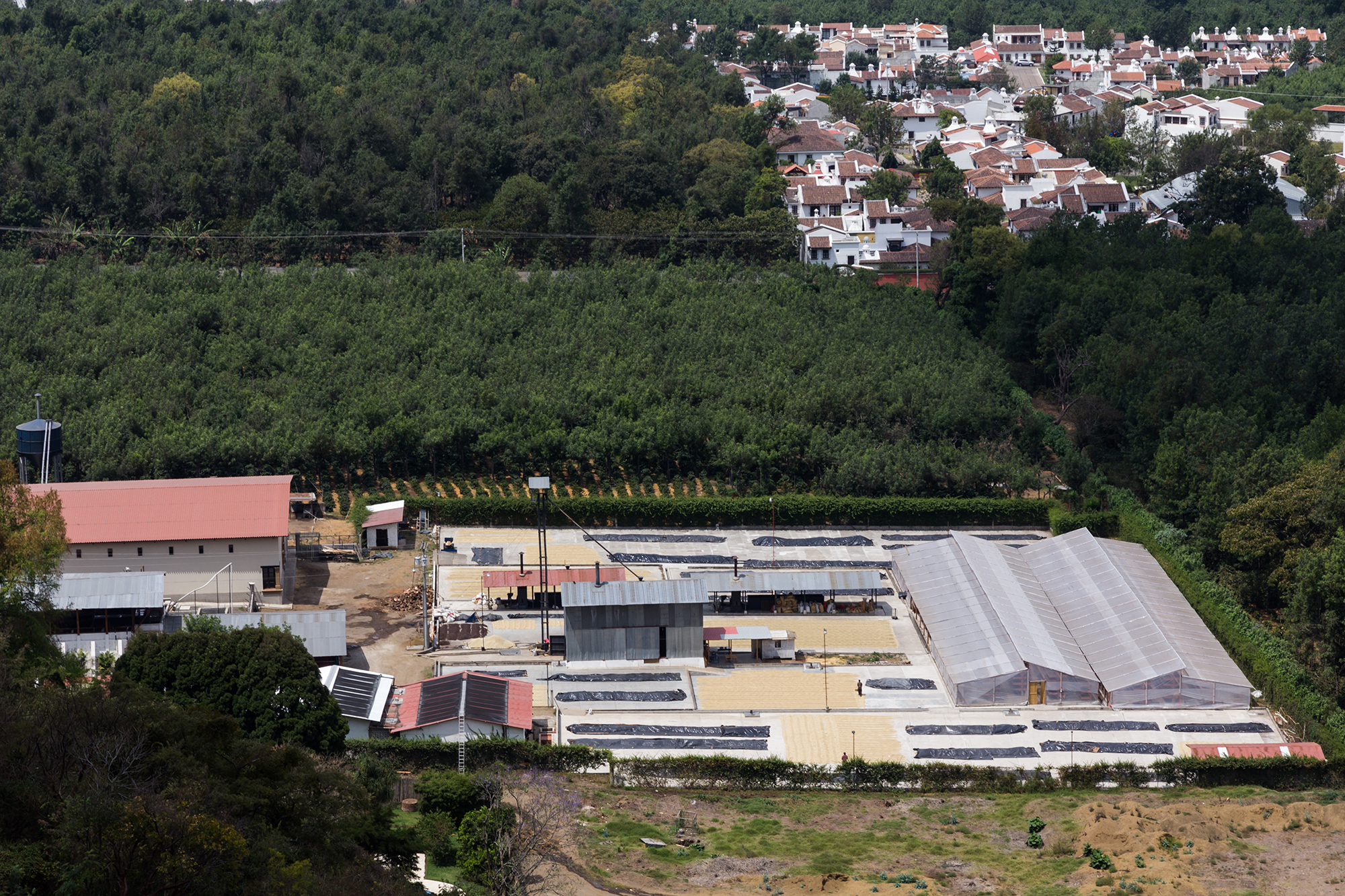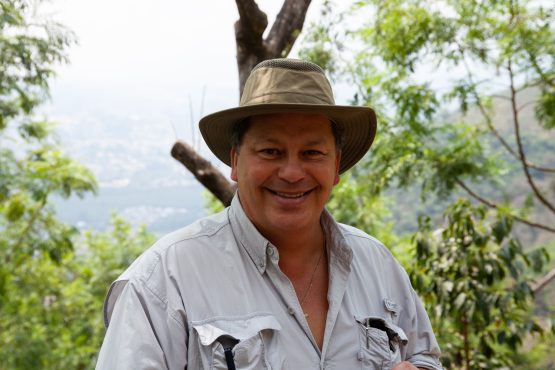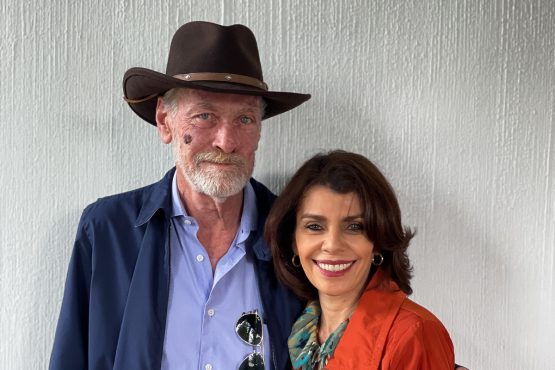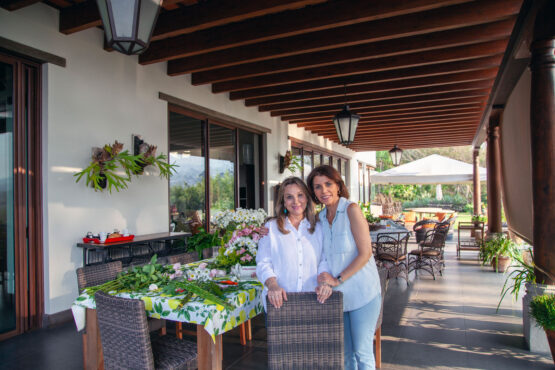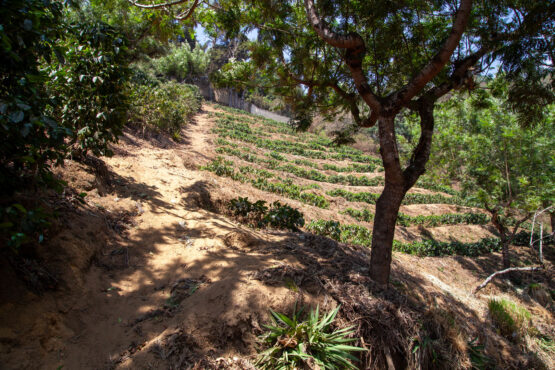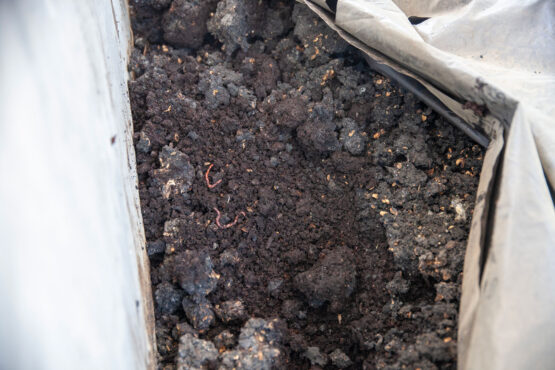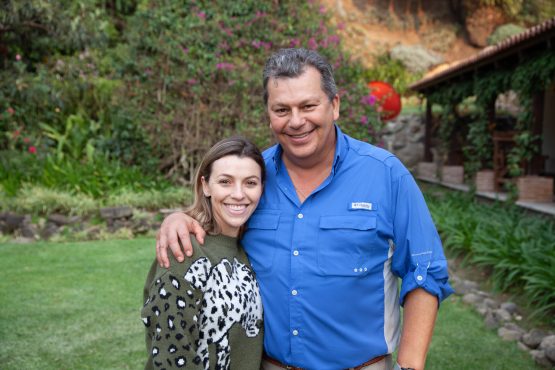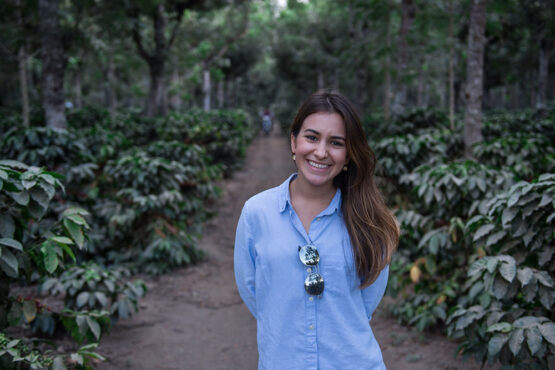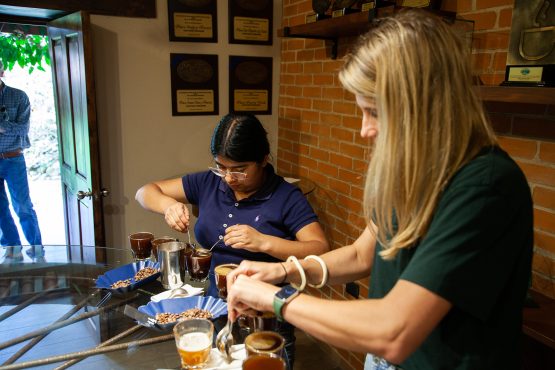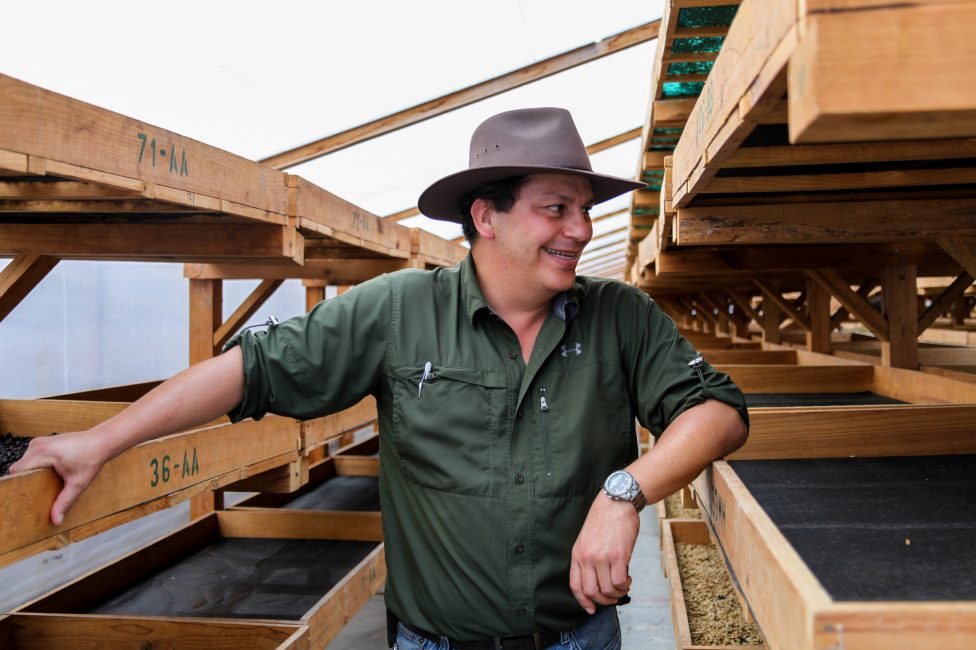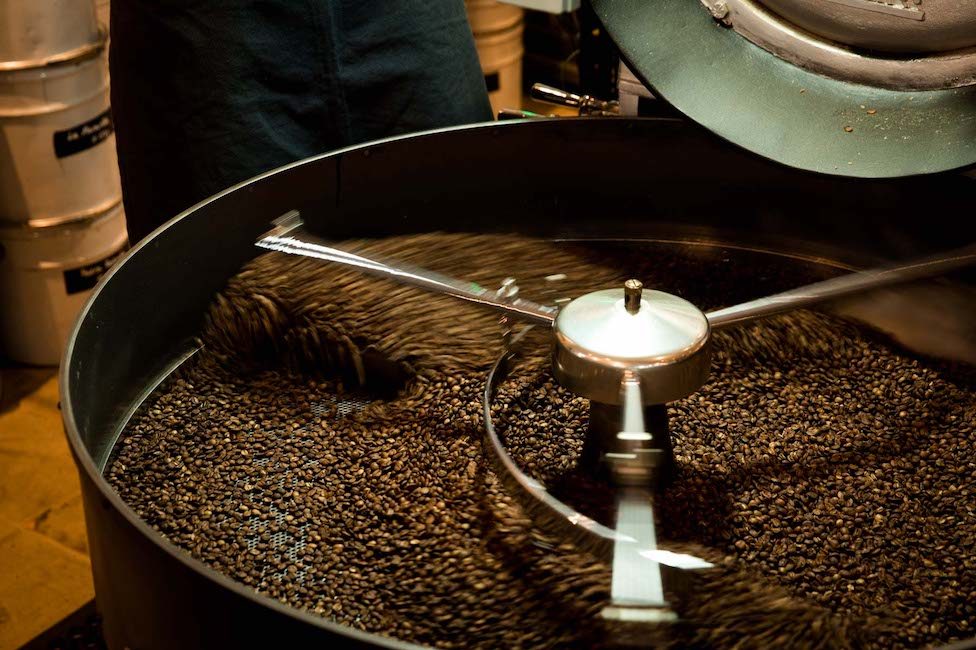Meet Zelcafe
Based in the celebrated region of Antigua, Zelcafe is the milling and exporting business of Guatemala’s renowned Zelaya family. We have been sourcing coffee from the Zelayas since 2008, and share their passion for delicious, high-quality coffees, produced with a deep sense of environmental and social responsibility.
The Zelaya family has been growing coffee for more than 100 years. Together, they own several farms throughout Guatemala and grow some of only a handful of genuine ‘Antigua’ coffees (coffees grown in the Antigua valley area, bounded by three volcanoes: Agua, Acatenango and Fuego).
The Zelaya family first began their love affair with coffee when patriarch Luis Pedro Aguirre Mathieu purchased Hacienda Carmona and planted it with Bourbon and Typica trees in 1910. He expanded the family’s estate with the addition of Santa Clara and Bella Vista, where he also established the family’s first wet and dry mills, and where Zelcafe’s main offices reside to this day. After exporting their crop for the first time in 1918, the family continued to grow their properties as demand for Guatemalan coffee soared internationally.
Today, the fourth generation of the Zelayas share ownership and management responsibilities of the family estates and mills. Zelcafe also processes and exports coffees grown by independent producers from nearby farms. Through their deep ties to Antigua and Guatemala’s coffee industry, the Zelayas have been able to establish relationships with families who only grow coffee cherries, or who lack the resources or knowledge to manage their estates. By partnering with these estate-holders, the family has been able to produce coffee out of some of the oldest coffee farms in Antigua, like Jauja and San Agustín, without needing to purchase the land themselves.
Over the years, MCM has most directly sourced coffees that are grown at La Soledad, which is owned and managed by Ana Lucia Zelaya and husband Rony Asensio (who also hails from a long heritage of coffee-growing), and those grown at Santa Clara Estate and the collective of farms managed by Lucia’s brother, Ricardo Zelaya. Head here to learn more about Ricardo’s work at Santa Clara.
ENVIRONMENTAL INITIATIVES
The Zelayas are passionate about sustainability. Coffee on their farms is shade-grown, which protects the plants from direct sunlight, maintains soil health, and provides an important habitat for birds and insect life.
At their wet and dry mills, the family’s main goal has been to maximise efficiency in the use of every resource employed. Every one of the family’s wet mills is designed to recycle water and minimise its use. All water used in coffee processing goes to sedimentation tanks that separate any remaining solids and is then filtered using organic products, to ensure the local river systems remain free from pollution.
Additionally, the family is conscious of recycling all leftover material produced during coffee processing. This begins at their wet mills, where the team places all coffee pulp into tanks filled with earthworms to be composted. The compost is then used as an organic fertiliser in the coffee fields, returning organic matter to the soil. Once coffee has been processed and dry milled, the team stores the parchment produced in silos. This parchment is later used as fuel in the mills, in order to reduce waste and the use of wood.
SOCIAL INITIATIVES
In recent years, Ricardo and his daughters, Bel and Katia, have implemented several social initiatives to benefit all their farms’ employees, with the objective of supporting them and their families to improve quality of life and gain higher job satisfaction.
Some initiatives have focused on health, with workshops for employees on basic hygiene and education around the importance of drinking filtered water. On the back of this, the Zelayas created an eco-filter finance program, where a worker would pay for half of the filter and the farm would pay out the other half.
Another initiative focuses on female empowerment. All female employees or family members were welcomed to workshops where they learnt new skills like sewing, cooking, traditional candy-making and jewellery making. These skills provided the women with the opportunity to create an important source of income in the coffee off-season, and to build a sense of community and purpose.
Long-term initiatives focused on education have also been implemented, including the Santa Clara Scholarship Fund which has been running since 2011. This fund provides financial support for some of the children of the farm’s employees. Many children in Guatemala are forced to stop going to school early because the school fees – and associated costs like school uniforms – are not affordable for their families. Currently, there are thirty student recipients of the Santa Clara Scholarship fund. These students receive money for tuition fees, uniforms and schoolbooks, as well as the opportunity to participate in weekly workshops that focus on important educational and leadership skills.
In addition, Ricardo set up a ‘Coffee High School’ in 2019, for people interested in pursuing a career in coffee. The two-year course (which is run on the weekends so students can maintain their full-time jobs) required students to have completed studies up to the equivalent of Year 10 in Australia, however, there is no age limit for the students. Topics covered in the course cover everything from pruning and picking, through to wet and dry processing, and cupping. “This program is aimed at ensuring we are training the next generation of coffee professionals,” Ricardo explained. The first of the school’s graduates completed their education in 2021, with one of the students now forming part of Ricardo’s QC team at Santa Clara Estate.
